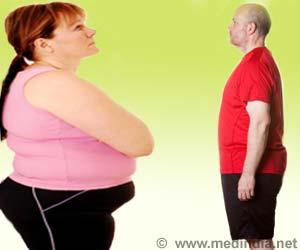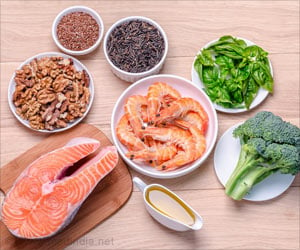The ideal age, ideal body, nutrient and water requirements for Indian men and women have been changed based on data from multiple reports.
- Ideal Indian adult men and women age have been changed to 19-39 years from 20-39 years
- Ideal body weight have been changed to 65 kg, 55 kg from 60 kg , 50 kg for males and females, respectively
- Recommended Dietary Allowances (RDA) and Estimated Average Requirements (EARs) for nutrition and water have been provided
Read More..
Recommended Dietary Allowances
Recommended Dietary Allowances (RDA) are the levels of nutrients that need to be taken daily to meet the nutrient requirements of nearly all healthy individuals.
Estimated Average Requirements (EARs) are the average nutrient intake levels needed daily for the population.
The changes in the nutrient intakes are :
- Cereal-legume-milk composition in the diet of a moderately active man has been changed to 3:1:2.5 from 11:1:3 to meet daily protein requirements
- Vegetable fat intake for moderate, sedentary and heavy activity is 30 gm, 25gm and 40 gm a day for men and 25 gm, 20 gm and 30 gm for women compared to the single level recommended previously
- Fiber based diet of 40 gm/ 2000 kcal has been recommended for the first time
- Carbohydrates requirement has been set at 100 gm/ day (EAR) for ages 1 and above with a RDA of 130 gm/ day.
- Sodium levels of 2000mg/ day which is 5 gm/ day of salt is recommended
- Potassium intake of 3,510 mg/day is recommended
- Fruits and vegetable consumption of 400 gm/ day is recommended to obtain sufficient amounts of nutrients like vitamin C, beta-carotene, and certain non-nutrients like flavonoids and polyphenols. They nutrients may protect against chronic diseases
- Vegetables and fruits should be complemented with adequate amounts of vegetable oil for vitamin E
The water requirements are :
- Adult men require 32-58 ml/kg of body mass. Lower end is for sedentary working group and higher end is for heavy working group
- Adult women require 27-52 ml/ kg of body mass with sedentary working group at the lower end and the heavy working group at the higher end of the range
- Children require greater than 60 ml/ kg of body mass
- Adolescent boys require 47-60 ml/ kg of body mass
- Adolescent girls require 39-49 ml/ kg of body mass
- Pregnant women require 2.1-3.2 liters/ day
- Old-age men and women require 33ml/ kg of body mass for sedentary activity and 38 ml/ kg of body mass for moderate activity
Source-Medindia











